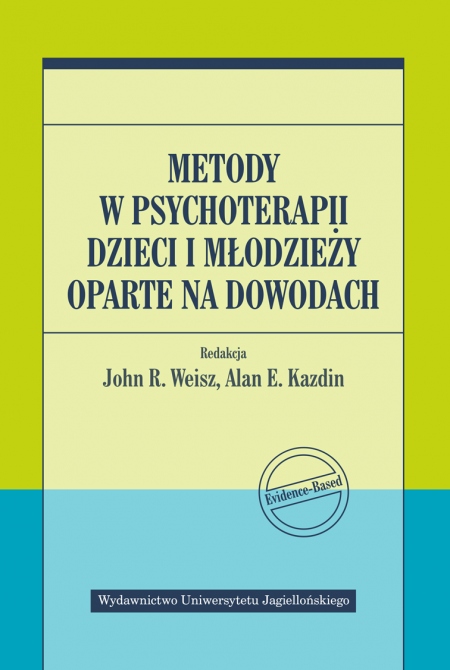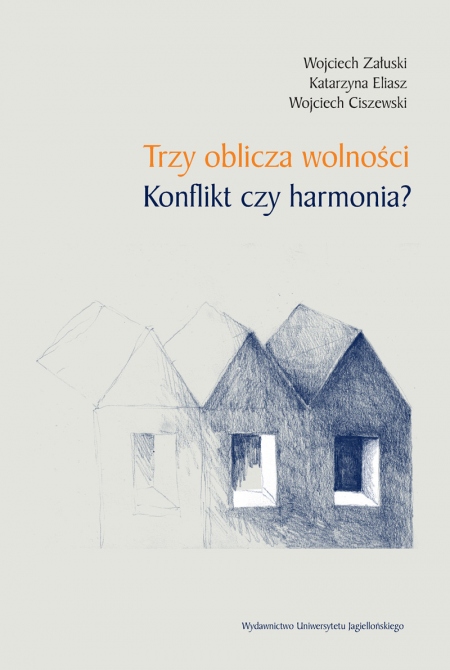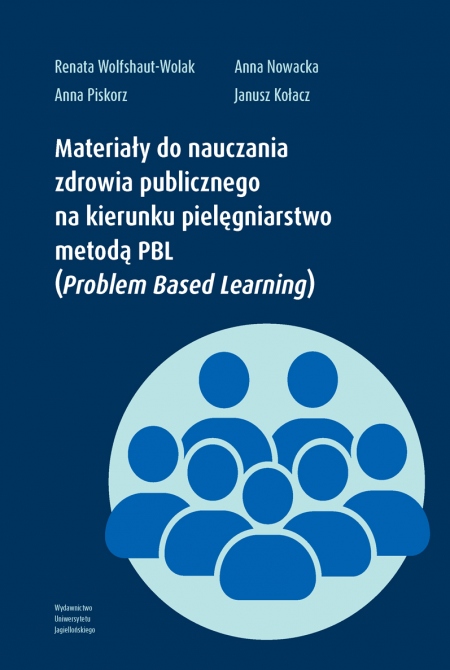
Gombrowicza milczenie o Bogu
Pages: 284
Book format: B5
Publication date: 2013
Release date: 20.06.2013
E-book publication date: 10.10.2024
Book description
This book is the first monograph on Witold Gombrowicz’s literary works to examine his attitude towards religion, or, broadly speaking, towards certain ideas of God which appear on the pages of his books. Gombrowicz considered himself an atheist. However, his persistent questions about some form of transcendence, as well as the “fear and trembling” that accompany his reflections on pain, the mystery of existence and human submission to some puzzling external forces, lead the reader to suspect that his atheism is not so self-evident. The title of the book, Gombrowicz’s Silence about God is taken from the conviction that Gombrowicz is silent about something that continuously besets him. His silence is a form of listening to and questioning the origins.
Łukasz Tischner shatters the standard interpretations and proves that the world created by Gombrowicz cannot go without the hypothesis of a certain transcendence. This force is associated with an “infernal principle,” a kind of absolute evil, rather than with the merciful Christian God. The book will interest various scholars in the field of literary studies and beyond, as it takes into consideration a wide philosophical-theological context and reaches to the very heart of contemporary disputes about religion. Tischner argues that Gombrowicz was not so much “the first structuralist” (as he provocatively dubbed himself) as the first “post-secularist.”
Łukasz Tischner shatters the standard interpretations and proves that the world created by Gombrowicz cannot go without the hypothesis of a certain transcendence. This force is associated with an “infernal principle,” a kind of absolute evil, rather than with the merciful Christian God. The book will interest various scholars in the field of literary studies and beyond, as it takes into consideration a wide philosophical-theological context and reaches to the very heart of contemporary disputes about religion. Tischner argues that Gombrowicz was not so much “the first structuralist” (as he provocatively dubbed himself) as the first “post-secularist.”
Authors
Łukasz Tischner

ISBN: 978-83-233-3522-1
e-ISBN (pdf): 978-83-233-8854-8
Country of producer: Poland
RECOMMENDED BOOKS
105.00
zł
84.00
zł
NEW BOOKS

Gombrowicza milczenie o Bogu
Choose chapters to buy:
Order value:
0.00 zł






















